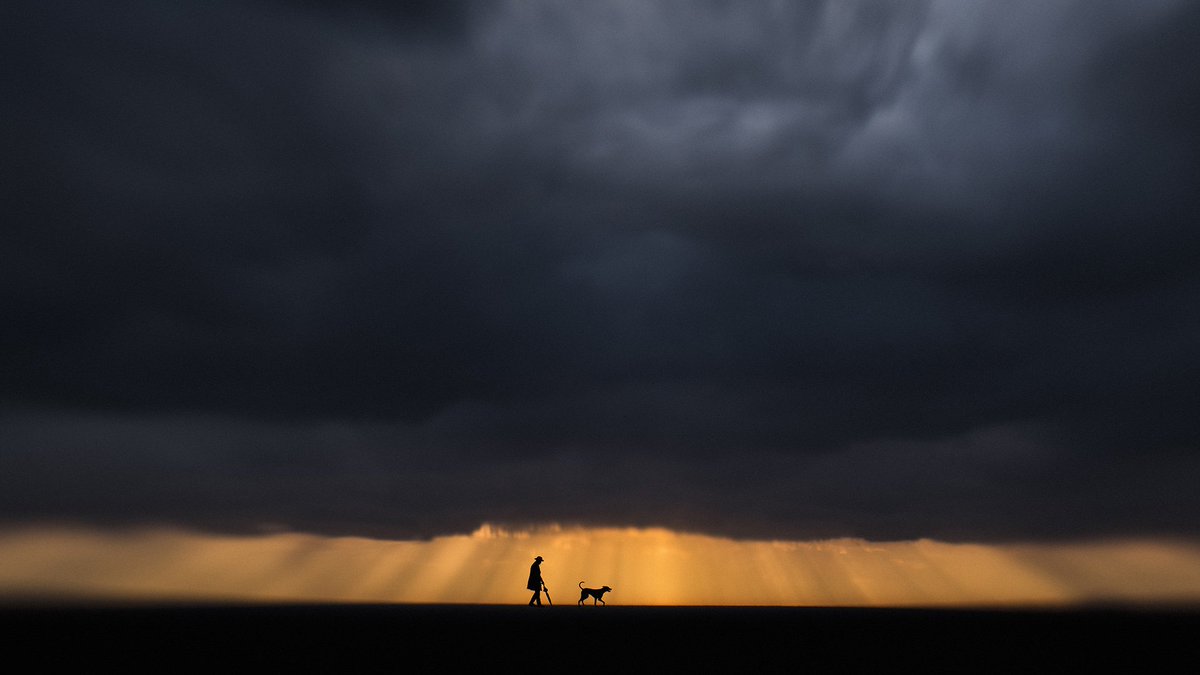Incessant waves crash and break
against the bulwarks of the Old World
sending fissures through its ancient foundations.
The days have lost their shape.
The melting weeks congeal into clots larger
than months, smaller than seasons.
These clots of time somber and withering–
droplets of mirth no longer form clouds of joy,
but scatter and vanish in the dust of isolation.
A solitary thrush warbles in a nearby tree,
his song increasingly desultory, his
tiny thrumming heart nearly broken.
The quavering king hides in a dungeon wrapped
in rat-eaten blankets hoping to be mistaken
for a victim of his own cruelty and corruption.
The Old World has become an assemblage
of grotesqueries held together out of habit
and trying to remember how to be round.
Almost awake, I am paralyzed while
a low peal of bells slides out of tune and my
dreams decay in a theatre of the absurd.
Eventually, I pry myself free and open the window:
the air is cool and the sun peeks above pink-orange clouds
as the brightening city begins to sing itself awake.

This is evocative, haunting, timely. And ultimately hopeful for those who welcome healthy change.
Thank your for your comments, C L. After a long stretch of self-isolation, due to the pandemic, we had several long nights of protests and police retaliation. Sleep deprivation and heightened anxiety made things even more surreal, but when the sun came up, the city was always coming back to life and carrying on.
There’s a mythical element to this poem
Thank you for your comments, Trish. I think that a combination of strange dreams, sleep deprivation, and the fear of escalating violence can cause us to experience themes that are explored in mythology, even if we ourselves have forgotten or never known the stories. Or, maybe the effort to capture an experience poetically is a way to add to our mythology?